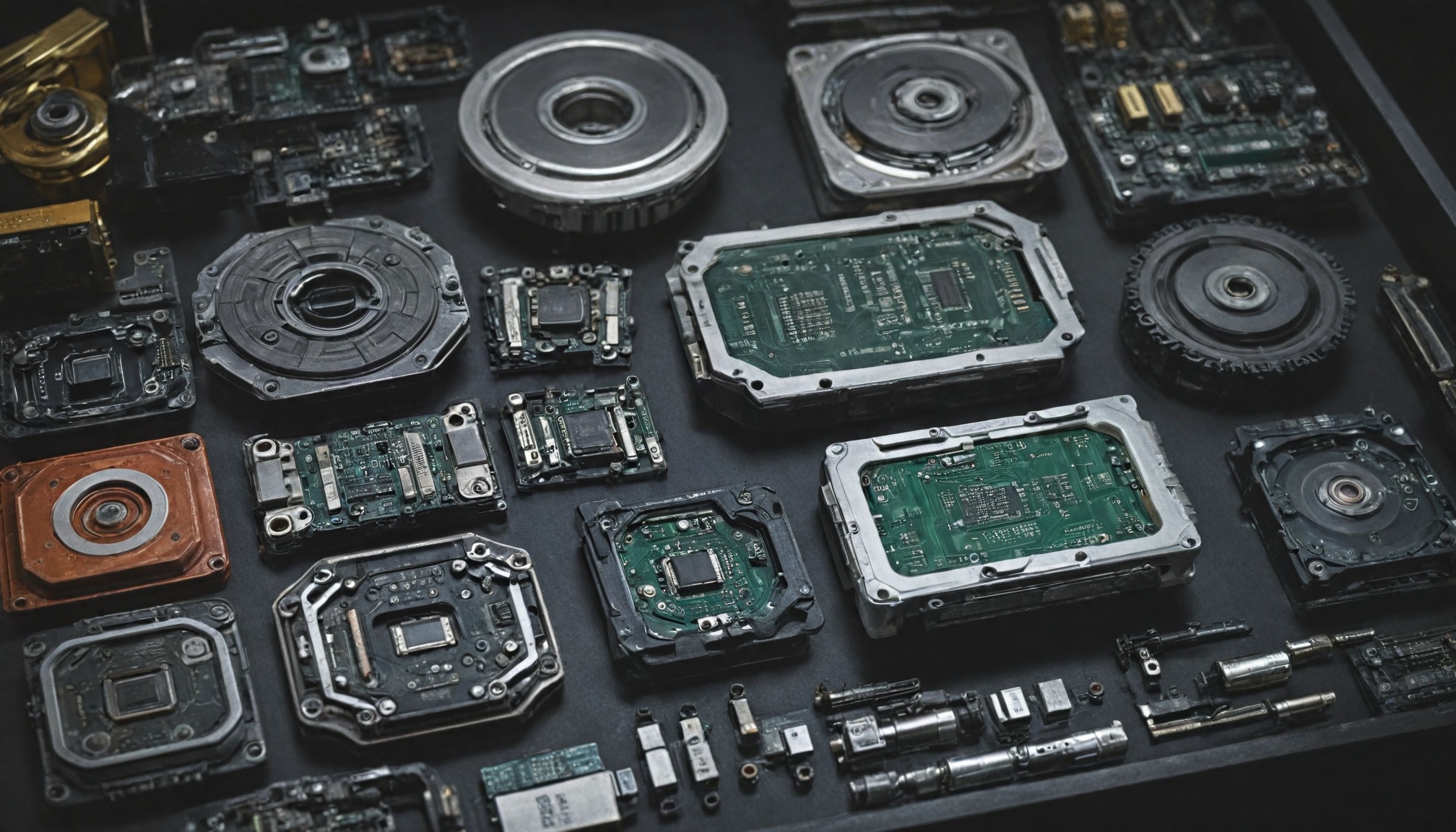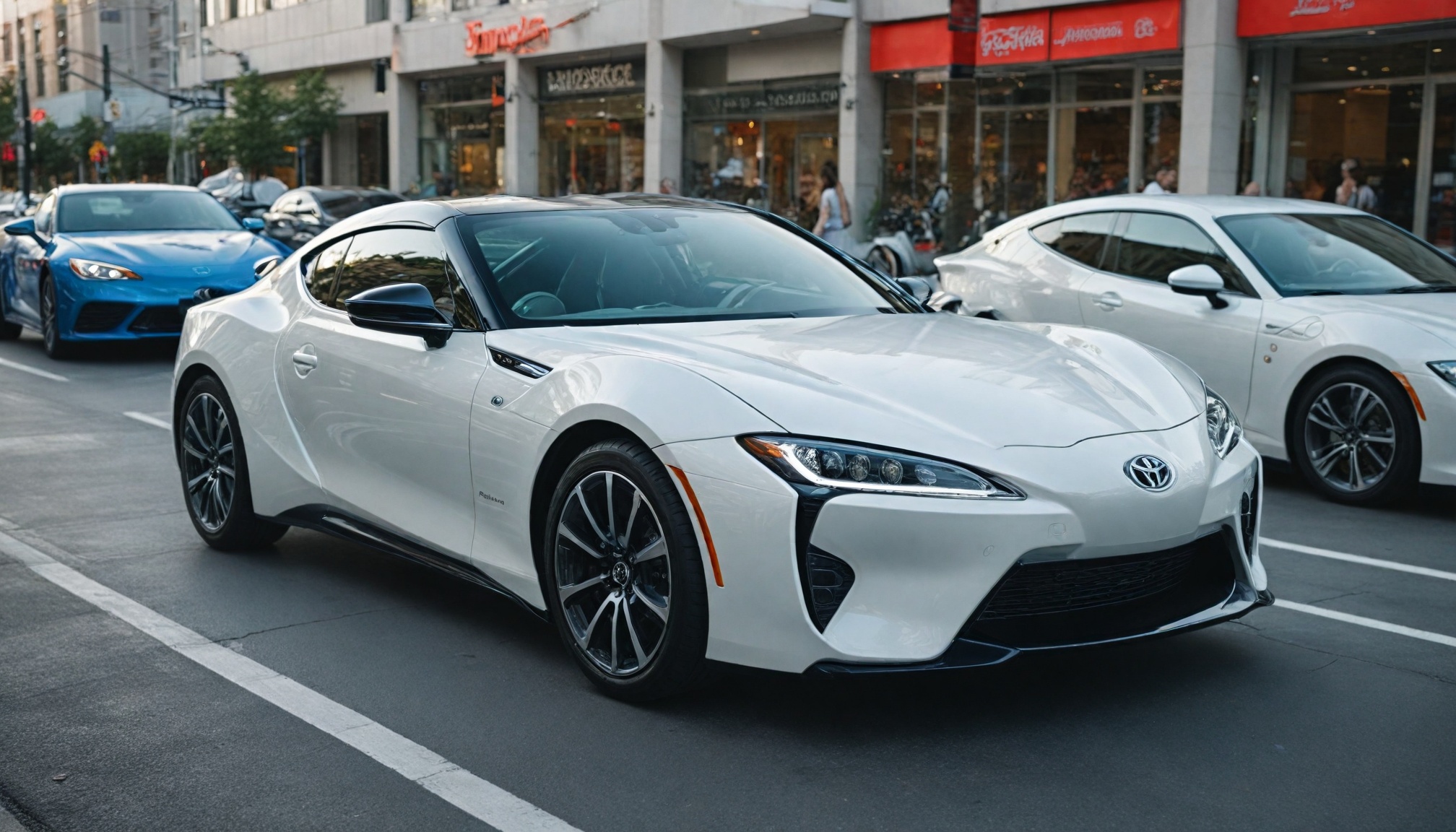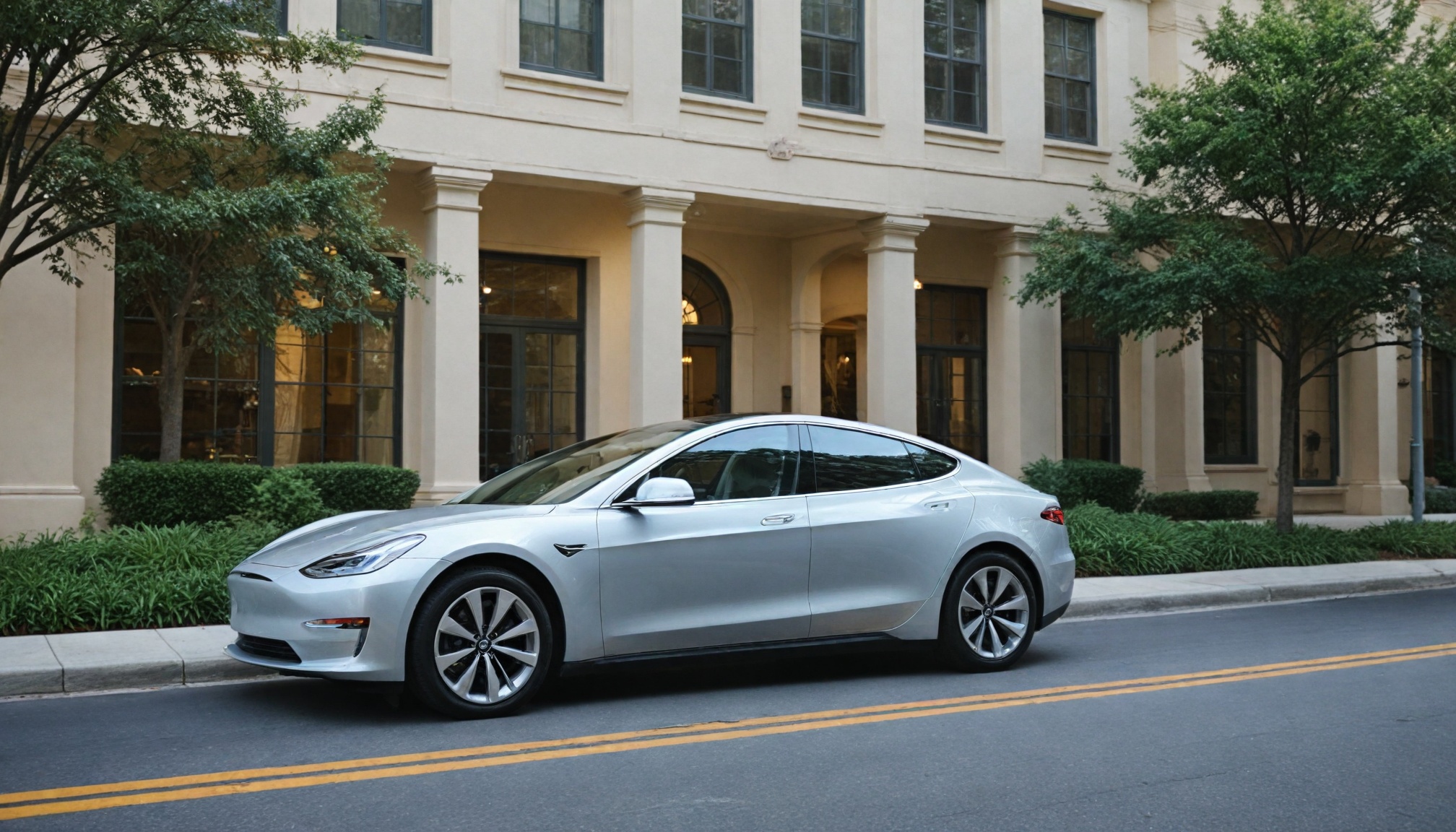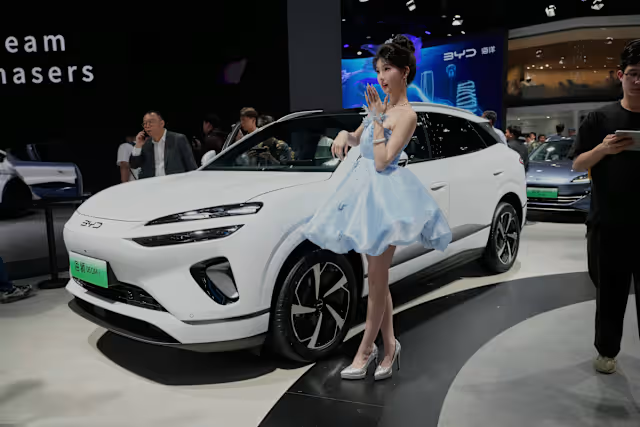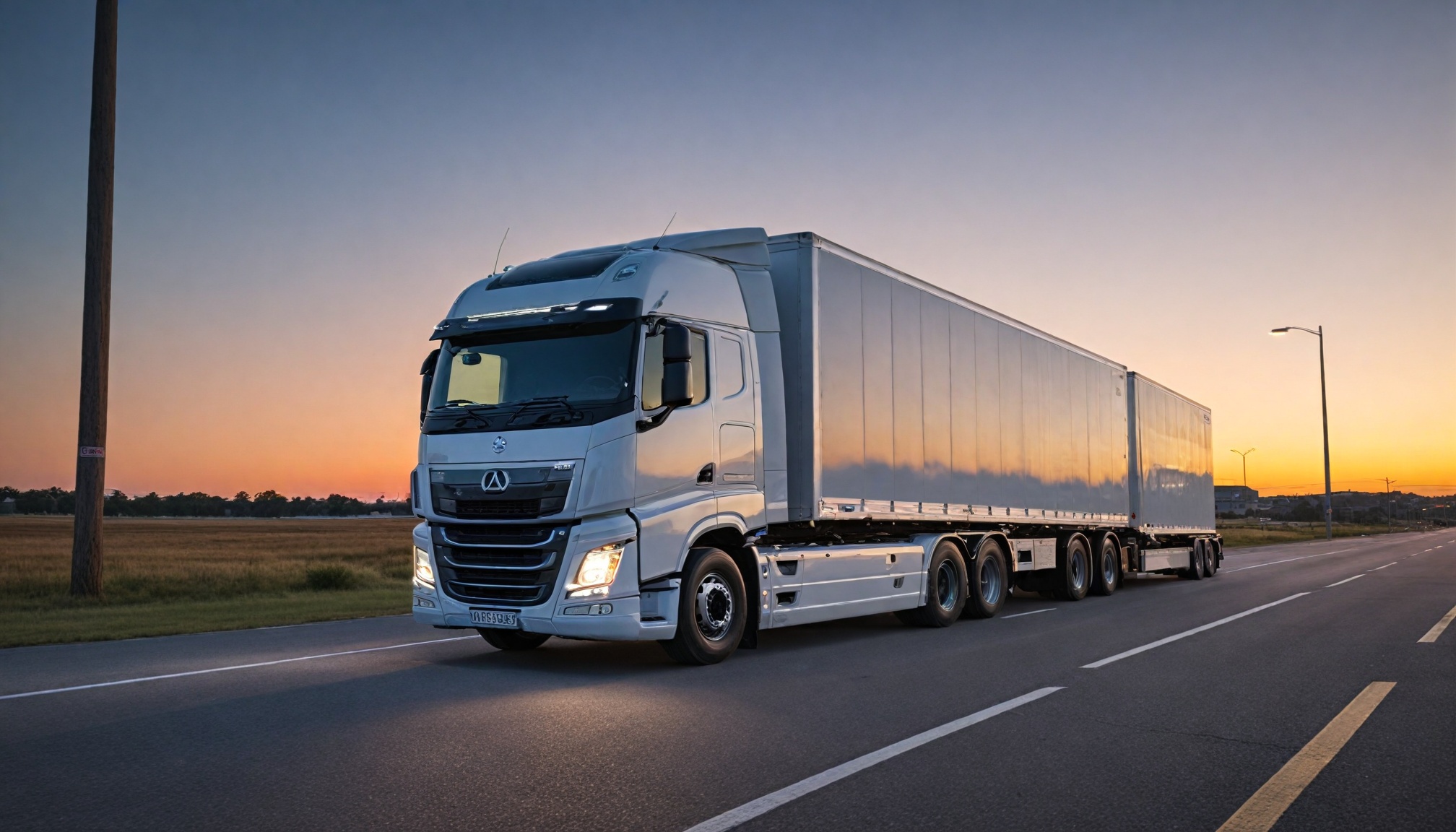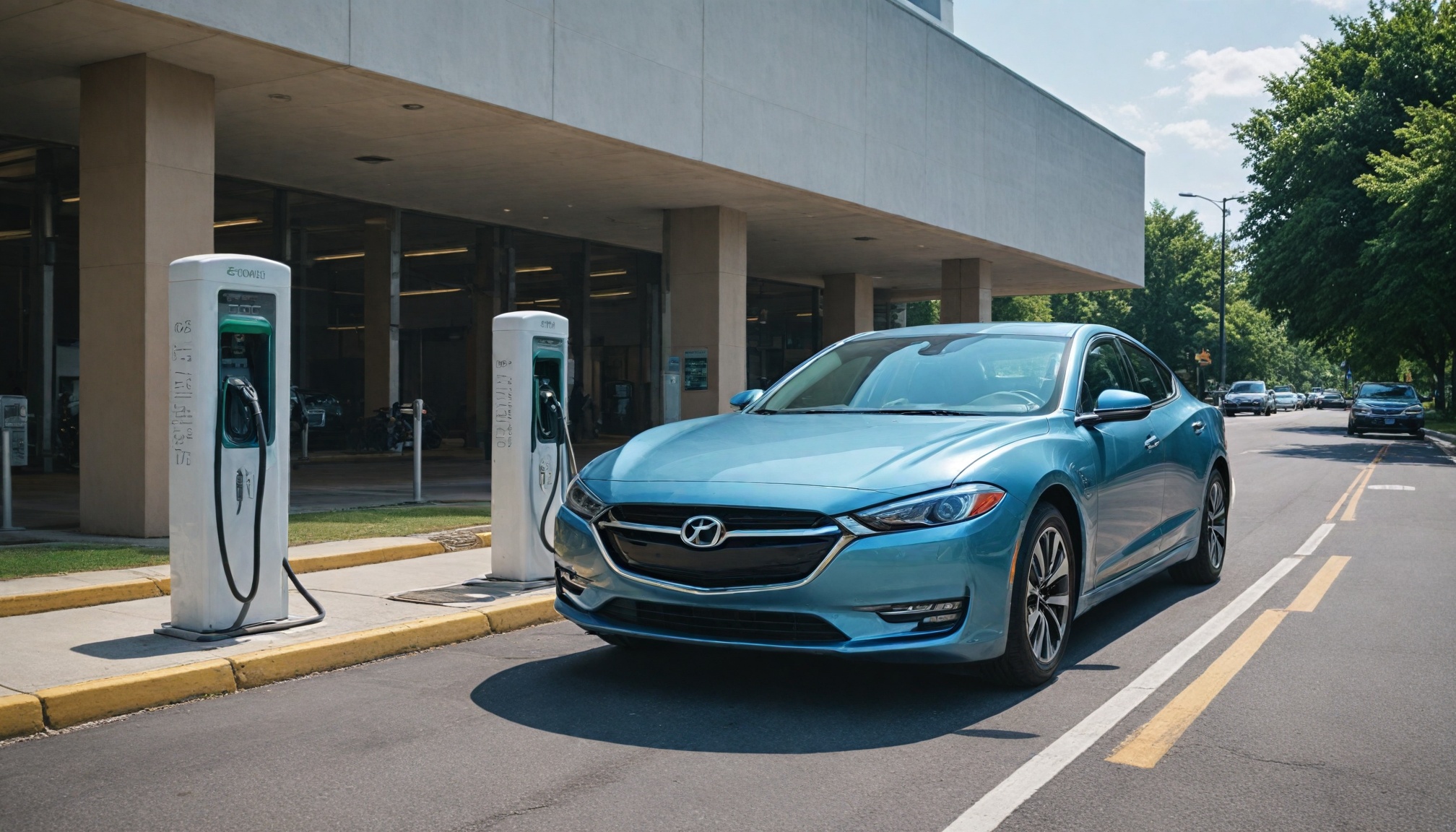
Wisconsin charges ahead with $78M federal funding for statewide EV network, featuring strategically placed fast chargers that eliminate range anxiety while boosting local economies.

Drivetech Partners
Wisconsin is charging ahead in the electric vehicle revolution with Zero 60™ spearheading a transformative statewide initiative supported by $78 million in federal infrastructure funding. The comprehensive network of strategically placed fast chargers along major highways and urban centers is eliminating range anxiety while creating economic opportunities and positioning Wisconsin as a leader in sustainable transportation.
Key Takeaways
Wisconsin secured $78 million in federal funding through the National Electric Vehicle Infrastructure Program to build an extensive charging network along major highways and corridors
A growing network of 578 public charging stations with 90 high-speed DC fast chargers addresses range anxiety by providing 180-240 miles of range per hour of charging
Public-private partnerships between Zero 60™, municipalities, and businesses like Kwik Trip and Madison Gas are strategically positioning chargers to maximize accessibility
At least 40% of new charging sites are located in disadvantaged communities to ensure equitable access across Wisconsin's diverse population
Businesses near charging stations benefit from increased customer foot traffic while drivers wait for their vehicles to charge
Wisconsin's $78 Million Electric Vehicle Infrastructure Investment
Wisconsin has secured a significant infrastructure investment of approximately $78 million over five years through the National Electric Vehicle Infrastructure (NEVI) Program. This funding, provided by the Bipartisan Infrastructure Law, is transforming how residents and visitors travel throughout the state.
The coverage plan strategically focuses on federally designated Alternative Fuel Corridors including major interstates (I-90, I-94, I-43, I-41, I-535) and key US highways (US 53, US 151, US 51, US 2, US 141, US 8, US 41), as well as State Highway 29. These corridors connect Wisconsin's major population centers and tourist destinations.

Beyond the statewide investment, the City of Milwaukee has secured an additional $15 million grant from the US Department of Transportation, complemented by $3.7 million in private-sector funding to develop a comprehensive local charging network. This dual approach ensures both interstate travelers and urban residents have access to convenient charging options.
Addressing Range Anxiety Through Strategic Fast-Charging Deployment
The fear of running out of battery power—commonly known as "range anxiety"—has been a significant barrier to EV adoption. Zero 60™ is tackling this challenge head-on by expanding Wisconsin's already substantial network of 578 public charging stations with 1,373 total ports, including 90 high-speed DC fast chargers.
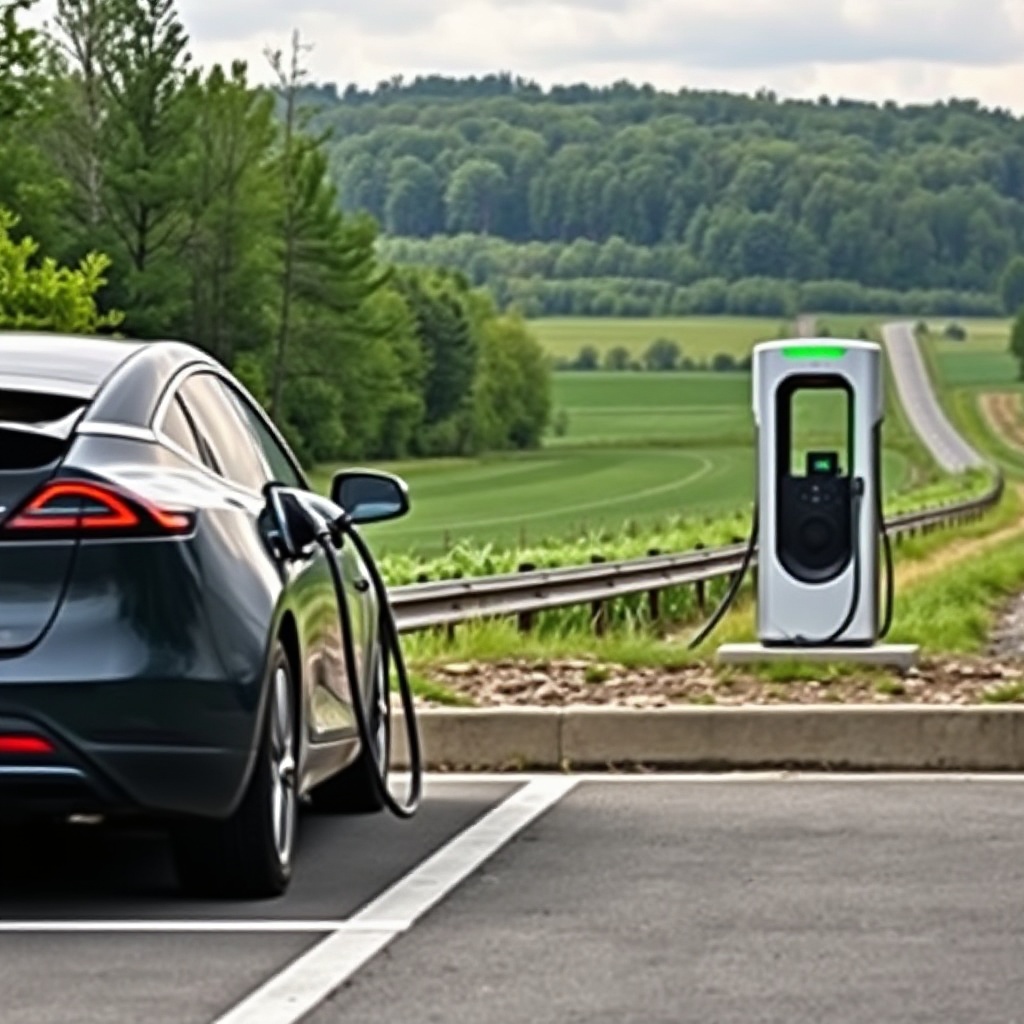
Plans include adding 53 additional Level 3 fast-charging stations to further enhance the network. These DC Fast Chargers deliver up to 350 kW of power, providing an impressive 180-240 miles of range per hour—allowing drivers to reach 80% charge in just 20 minutes to an hour.
NEVI-funded chargers are strategically placed at Kwik Trip locations near highways and urban centers in Madison, Eau Claire, Ashland, Menomonie, and West Salem, ensuring drivers can find reliable charging options throughout their journey. Milwaukee's project further complements this network with two DC Level 3 fast-charge locations plus dozens of Level 2 chargers, offering both rapid and convenient charging options for urban drivers.
Public-Private Partnerships Driving Statewide EV Infrastructure
The success of Wisconsin's EV charging initiative hinges on effective collaboration across sectors. Zero 60™ has established partnerships with municipalities and private companies like Kwik Trip and Madison Gas and Electric to host and manage charging stations throughout the state.
Milwaukee's EV Charging Project exemplifies this collaborative approach with 53 planned public charger locations—47 within Milwaukee city limits and 6 in the surrounding county. A private partner will be selected in 2025 to build and operate this comprehensive urban system.
These partnerships ensure charging availability at strategic locations including:
Local businesses and retail centers
Universities and educational institutions
Public libraries and community centers
Hospitals and healthcare facilities
This integrated approach helps embed charging infrastructure into residents' daily lives, making EV ownership more convenient and practical for Wisconsin residents.
Advancing Equity and Access in Clean Transportation
Zero 60™ and its partners are committed to ensuring equitable access to clean transportation options. At least 40% of new charging sites are being located in disadvantaged communities, addressing historical disparities in infrastructure access.
Milwaukee's project specifically prioritizes underserved neighborhoods for charger placement, ensuring that the benefits of electric mobility reach all residents regardless of income or location.
Current EV adoption in Wisconsin—approximately 27,000 electric vehicles and 13,000 plug-in hybrids—represents less than 1% of all vehicles in the state. This low penetration indicates enormous growth potential as charging infrastructure expands and becomes more accessible.
Diversified charging locations across public facilities, retail centers, and healthcare facilities ensure access for various population segments. Alongside physical infrastructure, public awareness initiatives help educate communities about EV benefits and available charging options.
Economic Benefits for Local Communities and Businesses
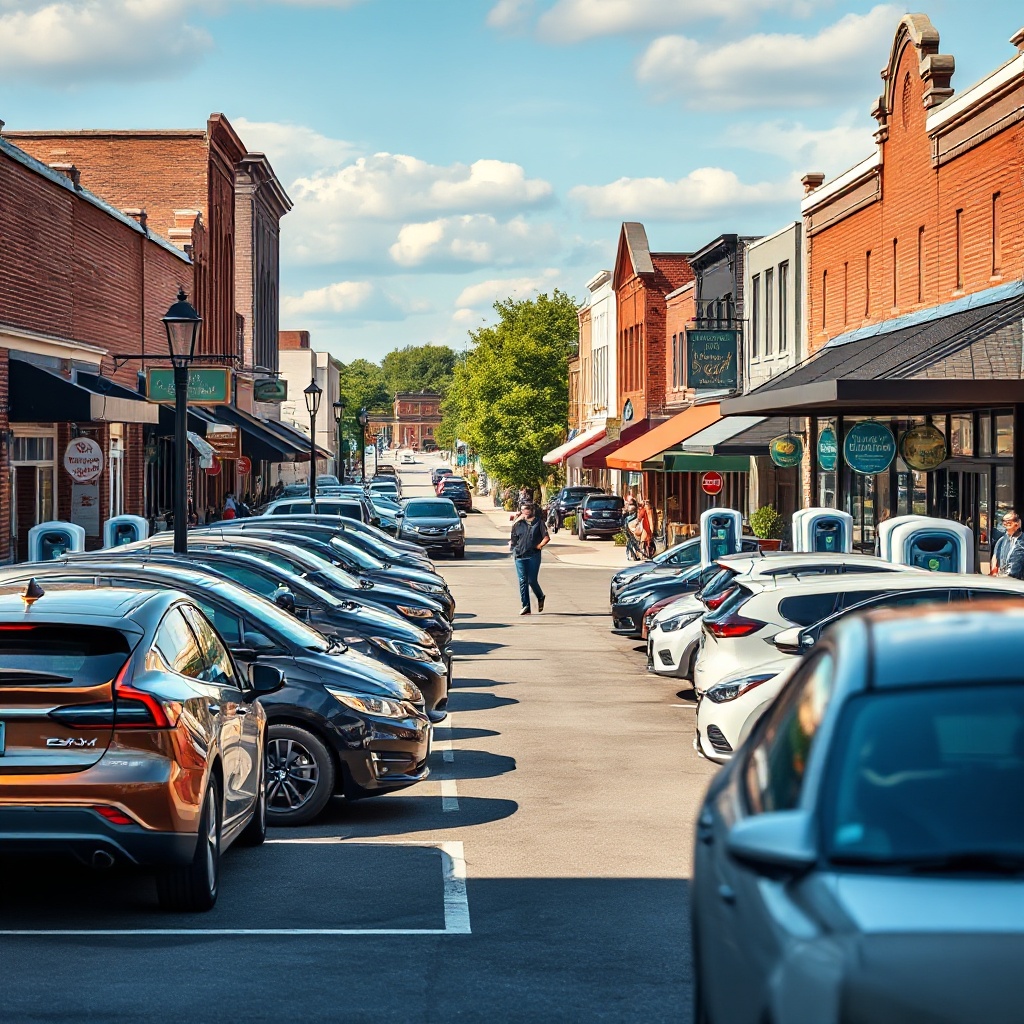
Businesses near charging stations—especially along highways—benefit from increased foot traffic while drivers charge. Unlike traditional gas station stops that take just a few minutes, EV charging creates longer dwell times, giving customers more opportunity to patronize nearby establishments.
The expansion of Wisconsin's charging network is creating new jobs across multiple sectors:
Construction and site preparation
Electrical installation and equipment setup
Ongoing maintenance and technical support
Network operations and customer service
Free or low-cost charging at public libraries, universities, and city centers encourages longer visits, directly boosting local commerce. This strategic placement at community anchors drives additional foot traffic to areas that can benefit most from increased economic activity.
The placement of charging stations along major highway corridors supports existing businesses and creates new commercial opportunities. Gas stations, convenience stores, and restaurants along these routes are finding that adding EV charging services attracts a growing customer segment with disposable income.
Wisconsin's Position as a Clean Mobility Leader
Wisconsin's comprehensive strategy combines statewide corridor coverage, major urban investments, and rural expansion to position the state as a regional leader in clean transportation. This connected network supports both daily commuters and visitors traveling through Wisconsin.
Enhanced charging infrastructure makes Wisconsin more attractive as an EV-friendly tourism destination, particularly for the growing number of travelers who prefer to vacation with their electric vehicles. The visibility of charging infrastructure directly influences resident adoption rates and visitor perceptions.
This forward-thinking approach aligns with national clean transportation goals and interstate connectivity, ensuring Wisconsin isn't left behind as other states develop their own EV infrastructure. By taking decisive action now, Wisconsin is securing its place in the clean transportation future.
Overcoming Implementation Challenges
Developing a statewide charging network isn't without challenges. Zero 60™ ensures network reliability through redundant systems and regular maintenance protocols, minimizing downtime that could inconvenience drivers.
Wisconsin's harsh winter weather presents unique challenges for EV charging infrastructure. These are addressed through weatherproof equipment and strategic site selection that accounts for snow removal and access during inclement weather.
Technical standardization enables compatibility with various EV models and charging standards, while a scalable design allows for expansion as EV adoption increases. Sophisticated monitoring systems track usage patterns to optimize future deployment and identify high-demand areas.
Future Expansion and Innovation in Zero 60™'s Network
Looking ahead, Zero 60™ plans to leverage additional federal funding opportunities for network expansion, building on the successful implementation of current projects.
Integration with renewable energy sources will maximize environmental benefits, potentially incorporating solar canopies and battery storage at charging locations to reduce grid impact and provide clean energy for vehicles.
Smart charging capabilities are being developed to balance grid load and optimize energy use, while a mobile app will help drivers locate available chargers and plan trips efficiently. Ongoing collaboration with vehicle manufacturers ensures compatibility with new EV models entering the market.
As Wisconsin continues its transition to clean transportation, Zero 60™'s charging network will evolve to meet changing needs, ensuring the state remains at the forefront of sustainable mobility solutions.
Sources
Qmerit - Save on Wisconsin EV Charging with Rebates
Wisconsin DOT - WEVI-plan-update-final-9-2024
Transportation.gov - EV Basics: Charging Speeds
Wisconsin DOT - Electrification
C2A Security - 30 EV Ecosystem Statistics You Should Know About in 2024
